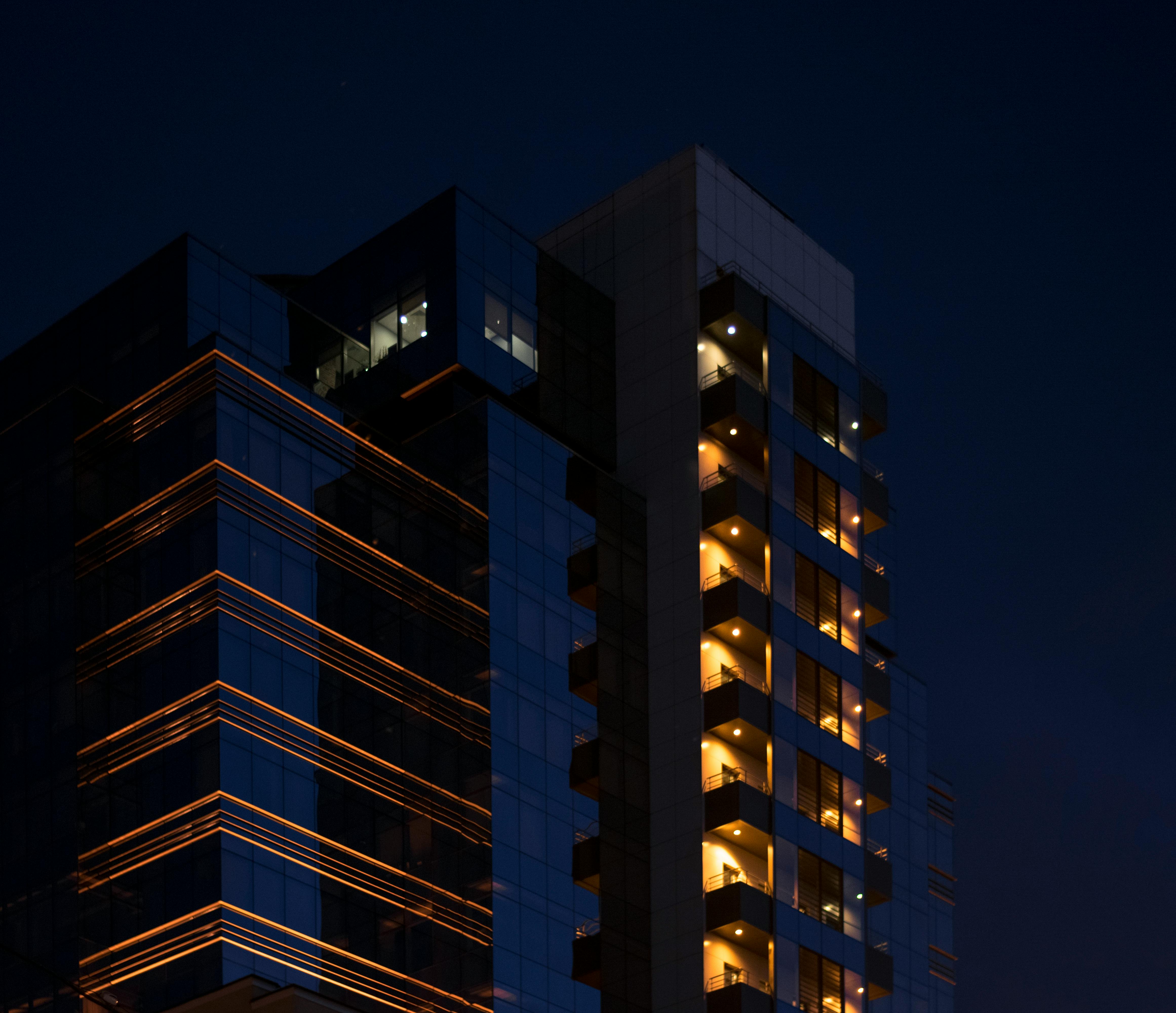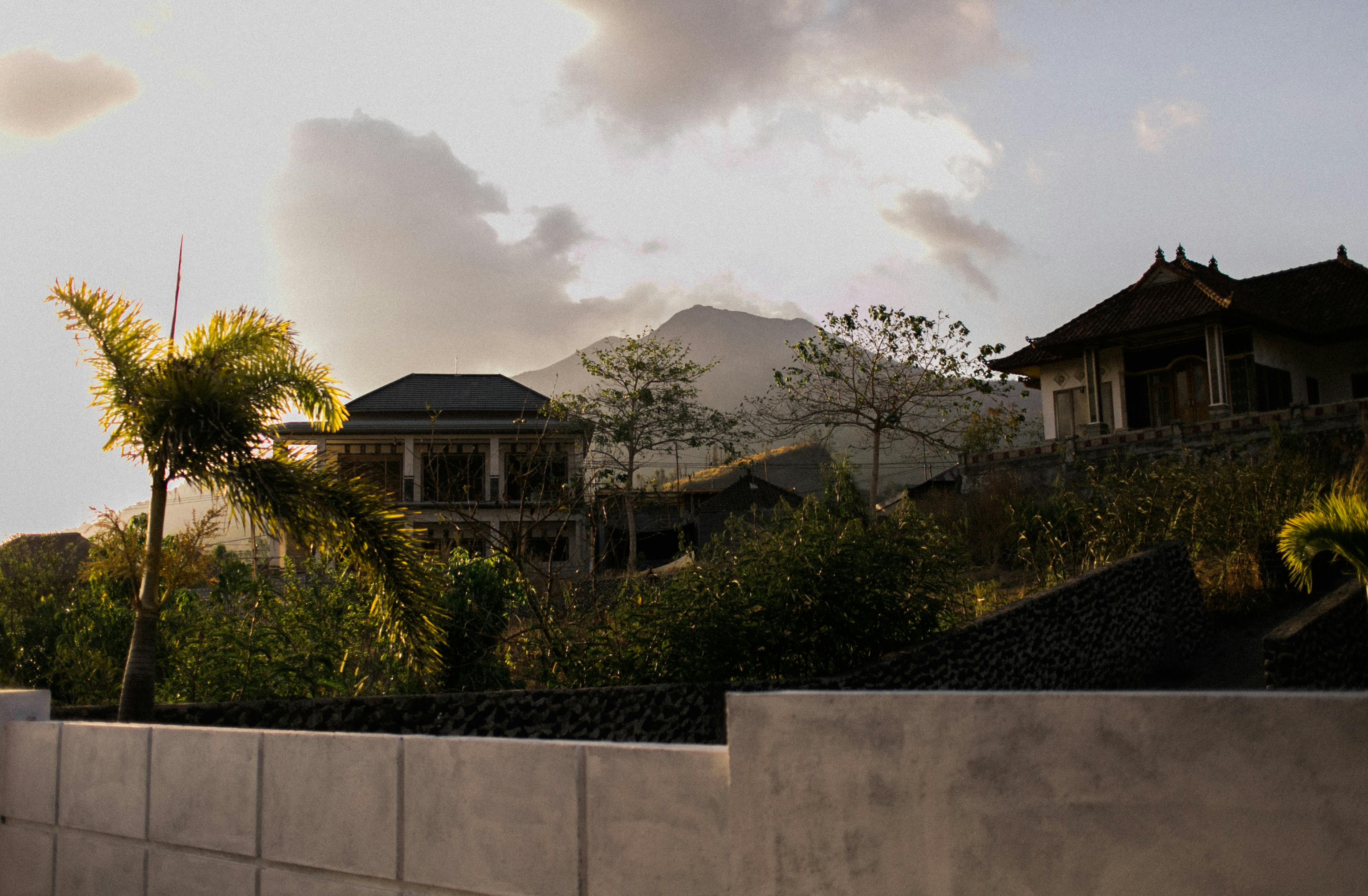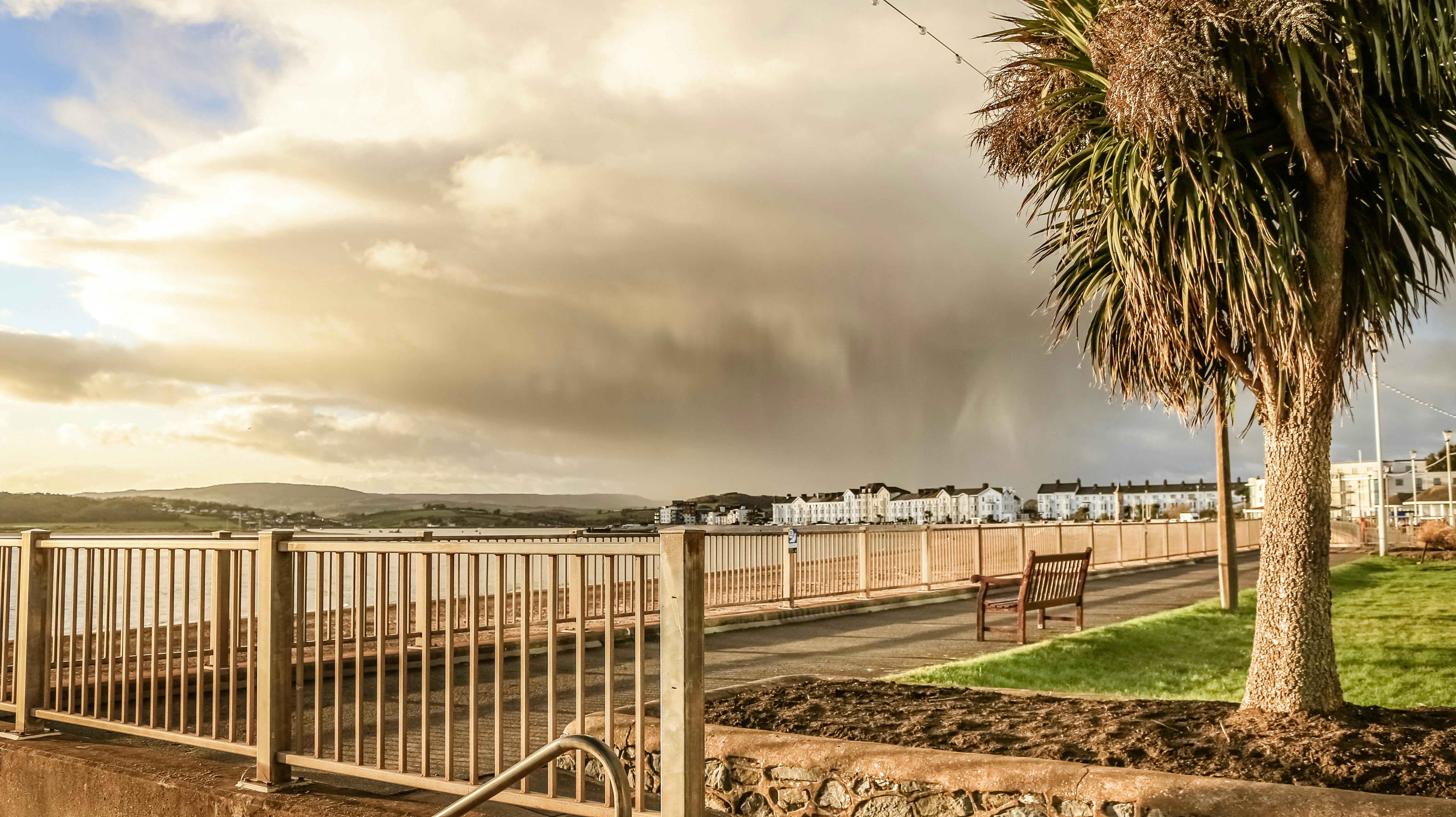Despite its 5,000-year history, US ally Bahrain is an ’emerging’ nation and has been in a major state of transition since Bahrain’s current king and former Emir, Sheikh Hamad bin Isa Al Khalifa came to power in 1999 and it is critical that any investor examining the prospects of the property market in Bahrain for potential gains in 2007 and beyond understand the nature of the country’s development before considering committing to it.
While the current transition period now means that Bahrain has become one of the most prosperous and attractive nations in the Gulf region in which to live, work, invest and prosper, its rapidly expanding economy and significant political changes have created a underlying feeling of destabilization. between certain factions of the local population.
While the outlook for Bahrain’s property market for 2007 is broadly positive indeed and this article covers the positive outlook for the market, it also details underlying issues that could undermine the short-term attractiveness of the country’s property sector for investors can make informed decisions. a possible decision on market entry and investment commitment.
Since the current king of Bahrain came to power, his nation has made incredible progress… on the political front, Bahrain is now allied with the United States and the United Kingdom, has a free trade agreement with the United States, has elections open. and in 2006, the first woman parliamentarian in any Arab Gulf country was elected to the position in Bahrain. On the economic front, the King of Bahrain has been instrumental in transitioning his nation away from its economic dependence on oil, and going into 2007 and beyond, Bahrain has a strong economy with very positive annual GDP growth rates.
All of these factors have indirectly ignited a revolution in the property market, largely driven by international citizens moving in greater numbers to Bahrain to live and work. The reason for this is that Bahrain is in an important strategic position in the Gulf and has set out to be the nation that offers least resistance to multinational companies that require a physical presence in the region. As a result of attractive legislation, transparent business practices and a low or no tax policy, Bahrain has managed to attract a large number of international and multinational corporations to its shores, each of which needs a base in the Gulf region and contracts with a large number of international companies. expatriates now moving to live in Bahrain.
This heavy internal migration resulting from professional expatriates demanding housing made Bahrain one of the first Gulf nations to grant property rights to foreigners. This has meant that international citizens and investors are now buying up swaths of real estate as it comes on the market and forcing up the prices of properties out of reach for the local population. In addition to this situation, the supply of properties, especially in the main commercial areas, is limited, which has also resulted in a frenetic rental market that further excludes many local citizens; Clearly, all this activity has created a sense of frustration among local Bahrainis. citizens and it is this frustration that is causing an undercurrent of disaffection.
There is another factor affecting the housing market in Bahrain as well: Since Bahrain is linked by a 25 km causeway to neighboring Saudi Arabia and yet is a much more liberalized and tolerant country, Westerners working in Saudi Saudi Arabia also choose to live in Bahrain and cross the King Fahd Causeway rather than live directly in Saudi Arabia. On the one hand, all these factors mean that there is a strong and growing demand for commercial and residential properties for sale and rent in Bahrain among an increasingly prosperous international community; This means that in 2007 and beyond there will be a perfect environment in Bahrain for property investors to exploit.
On the other hand, however, there is a growing tension among the local population that cannot continue to afford the increase in real estate prices. While this tension is largely ignored, some are beginning to say that Bahrain has moved too fast in developing new areas of its economy and allowing multinational companies to set up operations in the country. These multinationals have been accused of heavily employing expatriate staff in a country where, especially among Bahraini youth, there are significant unemployment problems and also minimum wage issues.
Thus, while international demand for property in Bahrain is strong and growing and unlikely to be subsidized in 2007, meaning investors have an attractive market to target, rising costs of land and construction and a growing divide between local affordability and real estate prices is creating a very real situation. an uneasy environment that should not be overlooked by an investor who is determining whether the risks of entering the market outweigh the prospects for benefits in the real estate market.



